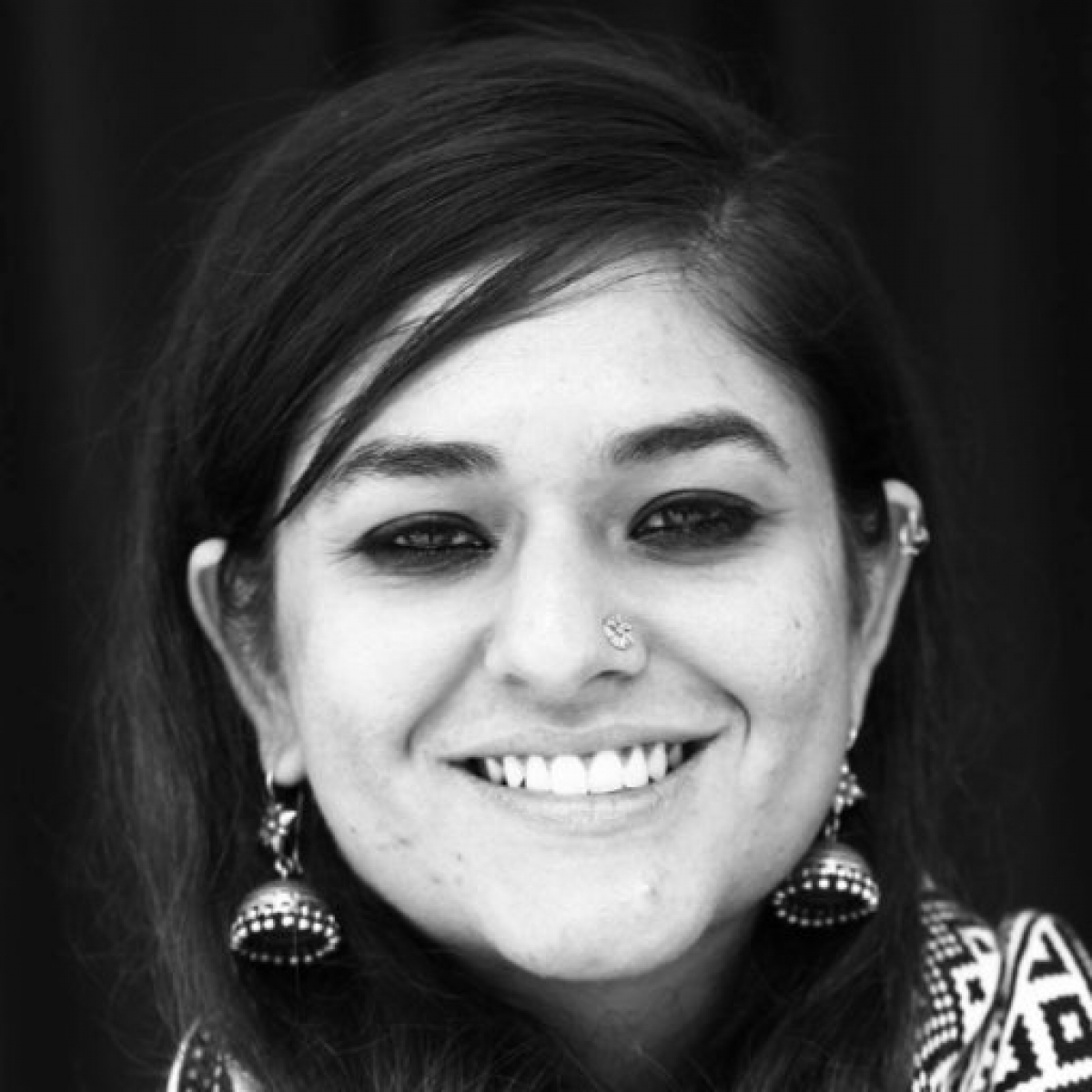
THE CHALLENGE
The 21st century has witnessed a rising trend of migration from the African continent to India, several of whom arrive as traders, students, medical tourists, and asylum seekers. While their actual numbers remain inconspicuous, Africans constitute a hyper-visible entry on India’s social landscape and fractious exchanges and racial tensions have accompanied this migration in cities across India such as Delhi. In a context where racialized hostility and colonial- era laws intersect to mediate the everyday lives of African migrants, how do they experience, claim and navigate the city? How do changing landscapes of labour flows, economic power and transnational mobility generate new racial and gendered hierarchies and how are these manifested and negotiated in urban space? What do such juxtapositions mean for urban futures where culturally inflected notions of difference and Otherness threaten to shape horizons of possibilities?
Using anthropological methods of ethnography, participant observation, interviews and mobile methods such as go-alongs as well as various mapping techniques, this project focuses on the ways in which transnational networks and places of work, worship and leisure of African migrants adapt to, curate and transform urban space in Delhi, India. By exploring the varied urbanisms- often informal, unofficial, unlegislated and undocumented- emerging from such encounters, this project focuses on the making of urban futures through a critical investigation of transnational mobility flows marked by the emergence of new networks, places, socio-cultural formations and political subjectivities as constructed in and through the city.
OUR APPROACH
This research analyzes how the temporal, spatial and socioeconomic claims to the city by a racialized migrant population shape the possibilities of equitable futures amidst rapid urban transformations ongoing in India. Taking an urban village located in Delhi as its main fieldwork site, the study aims to both conceptualise and map ‘claims to the city’ by African migrants as devised through various work, worship and leisure constellations. In exploring how differently placed actors, places and networks co-constitute the cityscape through diverse temporal, spatial, sociocultural and economic practices, this project focus specific attention on the ways in which gender, race and legal frameworks intersect to produce particular affective geographies of the city that shape, in turn, the everyday spaces, practices, experiences and imaginaries of migrants from the African continent in Delhi. To this extent, the project focuses on the following research questions-
1. How do African migrants experience and lay claims to the city of Delhi? What are the varied assemblages and practices through which claim making in the realm of work, worship and leisure materialize and what are the spatiotemporal rhythms underlying such processes?
2. What are the gendered entanglements with state, law and society that migrant women from African countries navigate in their everyday lives in Delhi? What are the moral and legal geographies shaping access to work and how are these negotiated?
3. For migrants with an insecure legal status, what are the myriad negotiations in ‘informality’ and ‘illegality’ that shape their experiences and navigations of the cityscape? How do legal regulations become instrumental for complex negotiations of urban space and socio-racial boundary making?
Through an ethnography-driven understanding of the everyday lived experiences of diverse city residents, this project investigates how the city is made, contested and sustained through transnational networks of migrants, and the micro economies and sociocultural exchanges emerging from such connections. It also addresses the the non-fiscal economies of emotion, aspiration, hope and despair that temper the making of urban futures.
People




